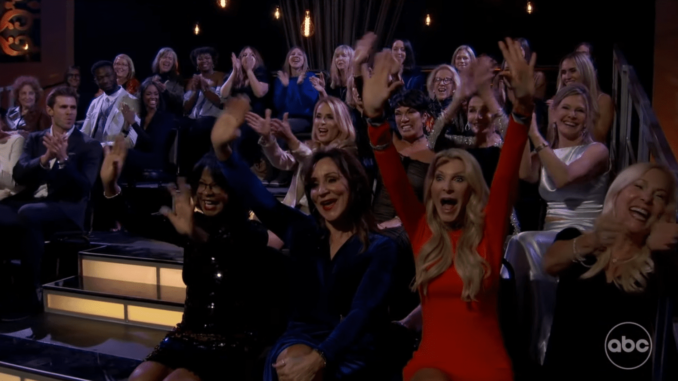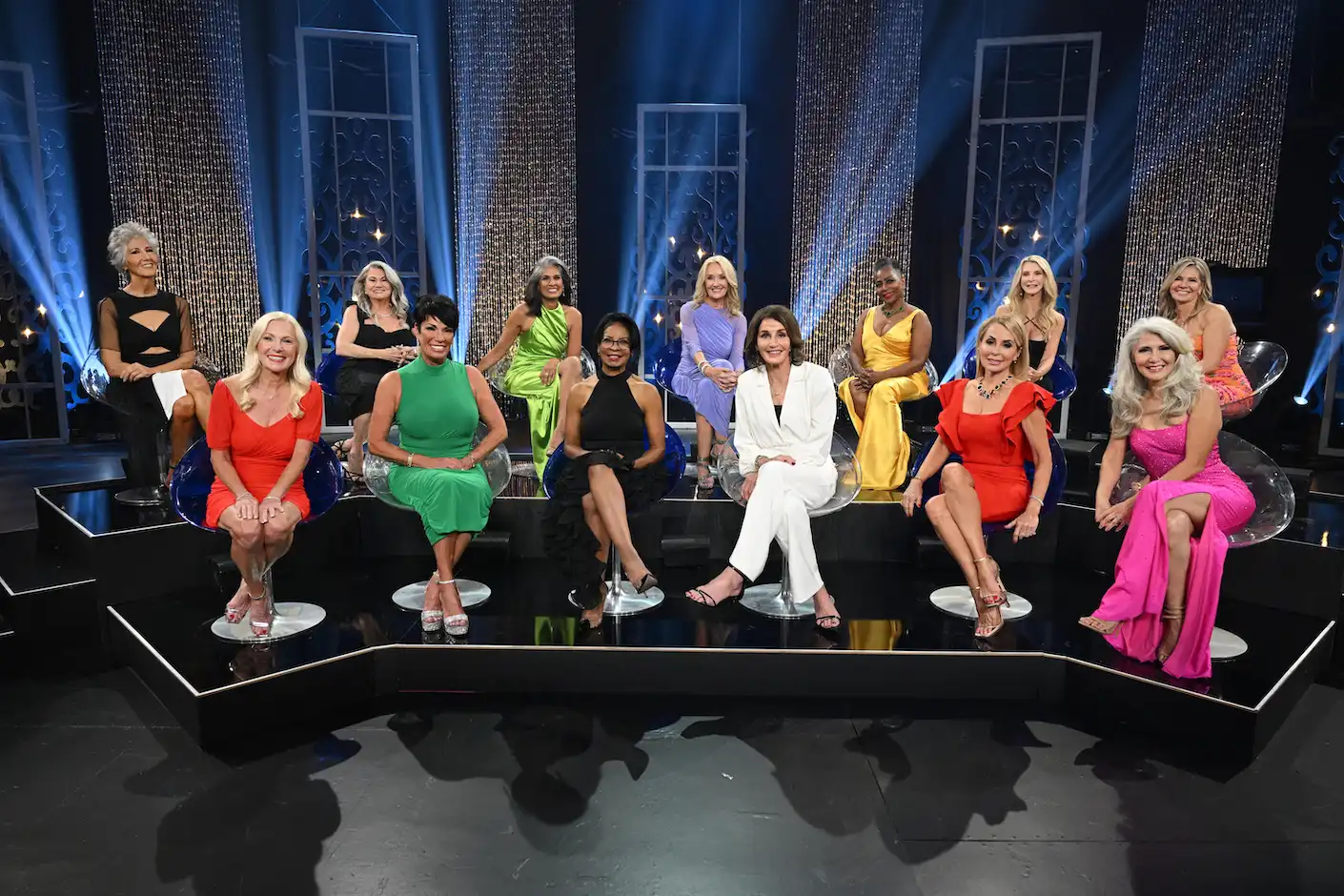
When The Golden Bachelor first aired, many wondered if its unique premise—featuring older adults searching for love—would connect with traditional Bachelor Nation. The answer was loud and clear: not only did it connect, it inspired. For the first time, older viewers saw themselves reflected in a genre that often prioritizes youth and drama over depth and experience.
Representation That Resonates
Gerry Turner’s sincerity and life experience created a rare mirror for older audiences. Many viewers over 60 shared on social media that they hadn’t watched The Bachelor in years—if ever—but The Golden Bachelor pulled them in. They saw familiar faces, familiar emotions, and familiar fears.
“This is the first time I’ve cried over reality TV,” one woman wrote in a Facebook group for fans over 50. “It made me remember that we still have so much love to give.”
The inclusion of women in their 60s and 70s—confident, funny, stylish—was a standout shift. No one was tokenized. These women were central to the story, with complex histories and serious intentions. For many viewers, it was a breath of fresh air.

More Than Entertainment
Unlike previous seasons of the franchise, where spectacle often overtakes substance, The Golden Bachelor struck a different tone. Conversations weren’t just about “chemistry”—they were about healing, grief, second chances, and building a future that feels safe and joyful.
This tone resonated deeply with older audiences who are tired of superficial dating narratives. The show proved that love at 60 or 70 is not a novelty—it’s real, complicated, and deeply meaningful.
Viewers responded by showing up in droves. Ratings remained strong throughout the season, with an especially high engagement from viewers aged 55+. Watch parties were hosted in retirement communities. Seniors live-tweeted. The Bachelor franchise had become multigenerational.
Changing the Narrative Around Aging
Beyond romance, The Golden Bachelor subtly challenged stereotypes around aging. It showed older people as emotionally open, stylish, witty, even flirty. It reminded audiences that aging doesn’t mean fading—it means evolving.
Gerry’s journey sparked conversations about remarriage after loss, dating in your 70s, and the courage to start over. It gave permission to feel again—and be seen.
For a franchise once defined by youth, The Golden Bachelor may have just delivered its most mature and impactful season yet. And for its older audience, it wasn’t just a show. It was a long-overdue celebration of love that never grows old.